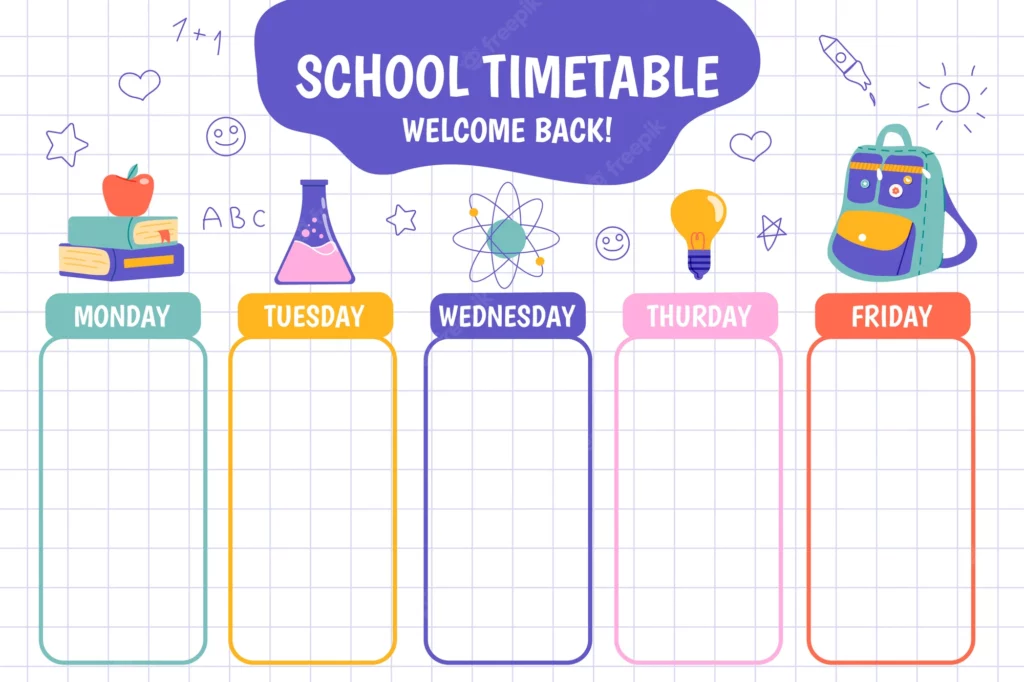Light posting, I’ve been swamped with work and a few other things. Some posts coming, including the fish pictures I’ve been promising plus some new ones, why high school cafeterias explain life in the elite parts of the education sector, and a look at the controversy about the proposed model guidelines for transgender students in Virginia.
At Bellwether we updated the Parent Perception Barometer. And here’s BW’s Michelle Croft, Alex Spurrier, and Julie Squire on parents and supplemental learning opportunities.
Later this week I’m doing a discussion about equity and innovation with Denise Forte and Chris Rush as part of this event.
Tim DeRoche, who is leading some important work on school boundaries and opportunity, has a children’s book coming in January.
But today I want to write a little about pluralism, inclusion, and school schedules.

About 15 years ago I went to the Christmas concert at a public school. ‘You mean a holiday pageant’ you might be thinking, or less charitably, ‘stop “centering” Christianity dude!’ But this was a Christmas concert, even though there were certainly students in the school who did not celebrate Christmas or perhaps any faith tradition at all. And again, it was a public school.
That stuff still happens, though you see a lot less of it. It’s largely regional. (Though we do seem to be in a period of redefining religion and public schools some – this year’s SCOTUS rulings in Kennedy and Makin for instance).
This month, a lot of schools gave flexible time for Rosh Hashanah or straight-up time off. That’s good. Although our calendar anchors off some Christian holidays there is no reason not to accommodate the range of faith traditions in public schools in various parts of the country. You’re starting to see Diwali, for example, on more school calendars, too, as a day off later this month. Or seeing the Eid holidays recognized in places with large Muslim populations. It’s a welcome trend, if you’re of the mind that schools should be as inclusive as possible.
But like some other issues of inclusion, it also requires some intentionality. In this case, more holidays = less school.
Instead of being intentional about that, what some schools are doing is not figuring out how to make up time given for religious observances. They’re not closing and making the time up another day. They are simply giving students flexibility, not doing instruction, but still having school. There are examples of teachers just being told not to deliver new instruction on those days, use it as review time instead. But those are still counted as instructional days for the school year. Looked at one way, that could even be considered an equity issue.
And this is also not ideal for teachers – who themselves may want a day(s) off for observance. Teachers also need instructional time to, you know, teach.
So if you are concerned about the amount of instructional time overall. If you are especially worried about Covid recovery right now given the stark data we’re seeing. Or you just think it’s good for students to be getting more instruction in school, this is something to pay attention to. It’s the quiet quitting of school calendars.
We shouldn’t pit instructional time against religious observance and inclusion. Rather, we should ask why in a calendar with about 260 workdays each year are we even having this conversation? It’s part and parcel of a pretty reductionist and stale approach to school scheduling. Teachers deserve more flexible schedules and that’s a recruitment and retention strategy, too. More imaginative scheduling would be good for students, too. We can use time more creatively.
About 15 years ago Elena Silva wrote a great paper looking at time in schools – still worth reading today.
For now, if you’re a parent, you might want to ask how instructional time is being made up on days school is in session but teachers are explicitly not supposed to teach new content. How many such days are there?* How much instruction is there relative to all the days your child heads off to school? If you are a teacher, no one is doing you any favors here. You just have less time to accomplish the same (or more) things. If you are a school leader this seems like a great opportunity for some leadership and model practices. If you’re a reporter, ask some questions.
*Two things to bear in mind, review days are important. But those, at a teachers’ discretion, are a different thing. And some de facto no teaching days exist out of the religious realm of course. The first day of hunting season is often a nominal day off in some parts of the country for example. Or a big powder dump in mountain country.
